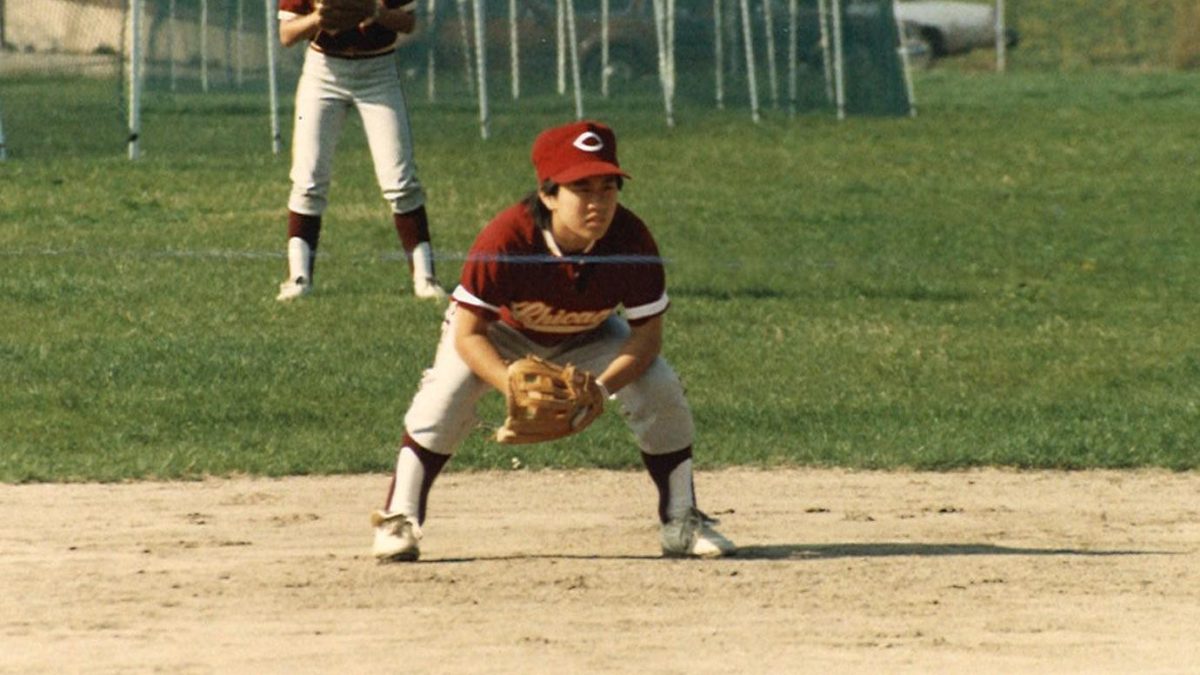Nothing like a cinderella story to spice things up
by Jake Grubman
The phrase “championship weekend” feels pretty good to say.
Two months ago, I—like most Chicago followers, I have to think—had serious doubts about where the women’s basketball team would be at this point in the season. If I learned anything in my first two years, it was that you don’t win all of your games in the UAA if your name isn’t “Wash U.”
But here we are, one day away from the UAA Championship game. And so it seems like the perfect time to look this gift horse directly in the mouth.
I just can’t help but wonder how a UAA tournament would change things, and I think it’s something league officials should at least consider.
Last year, in an article about teams competing for bids to the NCAA tournament, Gordon Mann of d3hoops.com called the UAA “the ultimate anti-Cinderella,” and it’s easy to see why. With 14 games in the season, it’s almost impossible for a surprise team to win the UAA (and its automatic NCAA bid).
Of course, taken like that, the UAA’s current format seems perfect. The best team usually wins the automatic bid, rightfully earning a trip to the NCAA tournament.
But the addition of a conference tournament wouldn’t necessarily change that. The best teams would still usually win, but a tournament format would add in the Cinderella factor, the outside chance that UAA fans would witness a season-changing shocker.
The UAA could follow the CCIW’s tournament format, pitting the top four teams against each other with an automatic bid on the line. That way, the biggest upset would be the fourth seed beating the first seed. Instead of being a “fluke,” it would just be a team that executed down the stretch–and in truth, flukes go both ways. A great team could lose at the beginning of the season and have its wwchampionship dreams diverted from the start.
Under this format, the “best” teams would still probably get in, since the UAA commonly sends three teams to the NCAA tournament. One team might get left out, but that’s what would make the tournament exciting and unpredictable.
One more win for the Bears or one more loss for the Maroons this season, and the UAA wouldn’t have any “championship weekend” at all. I like title talk as much as anyone; I’d just like to be able to speculate on Chicago’s chances every season.
Title should be reward for excellence and consistency
by Jordan Holliday
Jake, you just can’t see how good we have it. Most conferences award their automatic NCAA bid to whichever team wins the conference tournament, but the UAA doesn’t, and you should be counting your blessings. Actually, I’ll count them for you.
First, the UAA gives its bid to the bona fide champion—the winner of conference play. A one-weekend tournament is cute, but if you want to know which of eight teams is the best, make them all play a home-and-away series. Anyone can win in a three-round crapshoot, but a team that’s on top after eight weekends and fourteen games has a genuine claim to the conference championship.
Second, UAA fans get eight weekends and fourteen games worth of excitement. The conference season isn’t reduced to half-hearted jockeying for tournament seeding. A game with Wash U is always important whether it’s played at the beginning of January or the end of February. Top teams can’t simply bide their time until the conference tournament. They have to come to play every week.
That’s the key point: The UAA’s method keeps the conference meaningful despite DIII’s tournament selection system, which relies on regional rankings and greatly diminishes in-conference competition.
Granted, all conference games are regional games, and that helps keep conference play relevant. But thanks to the UAA’s system, the women are playing Wash U for an automatic bid tomorrow—an opportunity the teams have earned through weeks of hard work. If there were a UAA tournament afterward, tomorrow’s game would have roughly the same postseason implications as Chicago’s game against St. Mary’s of Minnesota in mid-November (which was also a regional match-up). Gosh, wouldn’t that be gripping?
Look, Jake, I know you’re a fan of the NBA, so I understand that you prefer your regular seasons to be meaningless and your drama to be cheap and artificial. That’s just what the excitement of a conference tournament is—artificial, because by the time the tournament is played, the conference season has already clearly demonstrated which teams are the best.
It’s true that conference play is such a rigorous test of talent that underdogs don’t stand a chance of winning, but here’s where I’ll make my confession: I don’t much care for Cinderellas. I don’t like flukes. I want the UAA championship and the conference’s automatic bid to be hard-won and well deserved, and that’s what is best about the UAA system—we know that they will be.









